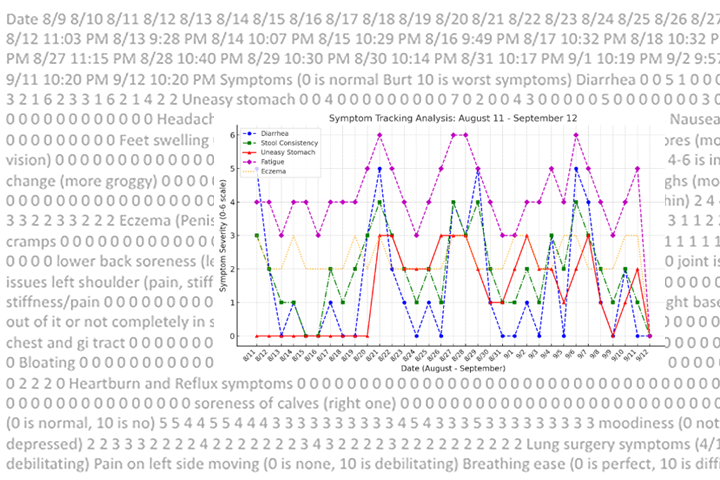Slowing the Growth of Pancreatic Tumors Before Surgery

Can a drug used to treat a different disease help control pancreatic cancer before surgery? Is focused radiation more effective than standard radiation for these patients?
For patients with tumors that can be surgically removed, researchers are adding an anti-malaria drug to standard presurgery chemotherapy. In addition, they are comparing two types of radiation. The overall goal of this chemoradiation clinical trial is to see if either type of radiation plus the drug combination slows the growth of the cancer.
Testing A New Chemoradiation Combination
Chemotherapy plus radiation is a standard treatment regimen before surgery to remove pancreatic tumors. For this trial the chemotherapy is capecitabine, an antimetabolite drug that stops or slows the growth of cancer cells by disrupting the cell replication cycle; it is the pill form of fluorouracil (5-FU).
By adding the anti-malaria drug hydroxychloroquine, which works against the abnormal growth of tumor cells, researchers are looking to slow the cancer even more.
Comparing Two Types of Radiotherapy
Two approaches to radiation therapy are being compared. One group of participants will receive standard photon beam radiation, which goes through the body. The other group will receive proton beam radiation, which can be focused to reach only the targeted area.
Researchers are looking at the safety and effectiveness of the different combinations of radiation and chemotherapies. Participants must not have had any prior treatment for pancreatic cancer.
We encourage you to consult your physicians for clinical trials that may be right for you. The website ClinicalTrials.gov provides more details about this trial as well as many others. You can visit the Let’s Win Trial Finder for a listing of all active pancreatic cancer clinical trials.
This study is continuing but is not recruiting new participants.





